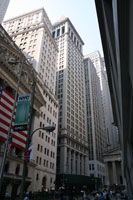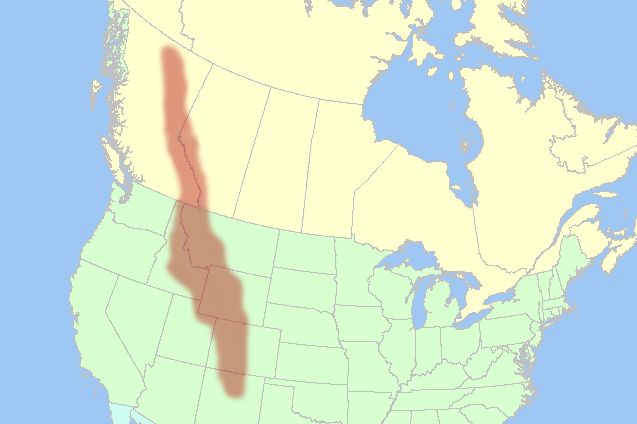It's a book that contains Mr. Harris and the night train .
Questions
1. Where did Mr. Harris travel on 14th September? Why?
2. How did he travel? Why?
3. What did he usually do on the train?
4. What happened at midnight?
5. Who were Carl and Elena?
6. What did they argue about?
7. What did Elena do?
8. How did Mr harris react?
9. What happened when the guard told Mr. Harris about Elena and Carl?
10. How did Mr. Harris go back home? Why?
Jennifer Bassett
Jennifer Bassett has been a teacher, teacher trainer, editor, and materials writer, and has taught in England, Greece, Spain, and Portugal. She is the Series Editor of the Oxford Bookworms Library, and has written more than twenty original and retold stories for the series, including The Phantom of the Opera, One-Way Ticket,The President's Murderer, and William Shakespeare. Two of her adaptations, Rabbit-Proof Fence and Love Among the Haystacks, have won Language Learner Literature Awards, and three of her other titles have been finalists for the Awards. She has created a new sub-series called Bookworms World Stories, which are collections of short stories written in English from around the world. She has also written original stories for the English Today Readers and Storylines series. Jennifer is series co-adviser, with H.G. Widdowson, of the Oxford Bookworms Collection, volumes of unadapted short stories for advanced learners.
Background to the story:
Trains have been used to great effect as a setting for novels and films. Complete strangers come together in random combinations, spend a short or a long time together and part. The intimacy of the train compartment can encourage the sharing of confidencies or it can drive lovers or families to a screaming point. Strangers on a train or Murder on the Orient Express are two films that use the meeting of strangers on a train their starting points.
Mr. Harris and the night train (Jennifer Bassett)
Vocabulary
blood: the red liquid in a person's body
carriage: a 'room' on a train
corridor: the long narrow place on a train with doors to the
carnages
damn: a word to show that you are angry
diamond: a beautiful, very expensive, bright stone; women
wear diamonds in rings, necklaces, etc
ghost: a dead person that living people think they can see
great : very good; wonderful
guard : a man who works on a train
guy: a man
Hi: hello
holiday: days or weeks when people do not go to work
hurry : (v) to move or do something very quickly
loud: not quiet; with a lot of noise
necklace: something beautiful that women wear round their
necks
pick up: to take something in the hand
platform: trains stop next to a platform in a station, and people
get off: the train onto the platform
prison: a big building for bad people; they live there and cannot
leave
seat a 'chair' on a train
shout: (v) to speak or cry very loudly and strongly
sir: when you don't know a man's name, you can call him 'sir'
stare: (v) to look at someone or something for a long time
station: trains stop at stations for people to get on or off
sweet: (of people) very nice
terrible: something terrible makes you very afraid or unhappy
unhappy not happy
vodka: a very strong cold drink
voice: you talk with your voice
whisper: (v) to speak very, very quietly
yeah : yes
 a computer keyboard
a computer keyboard






